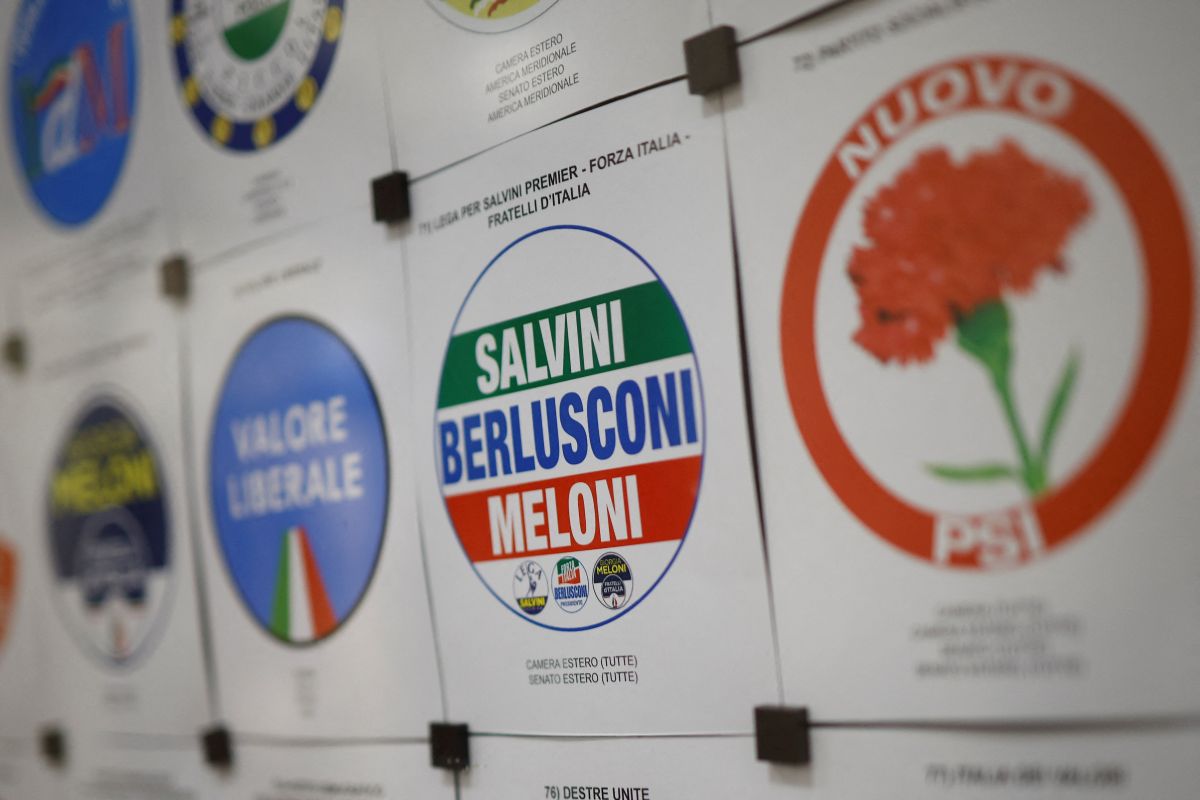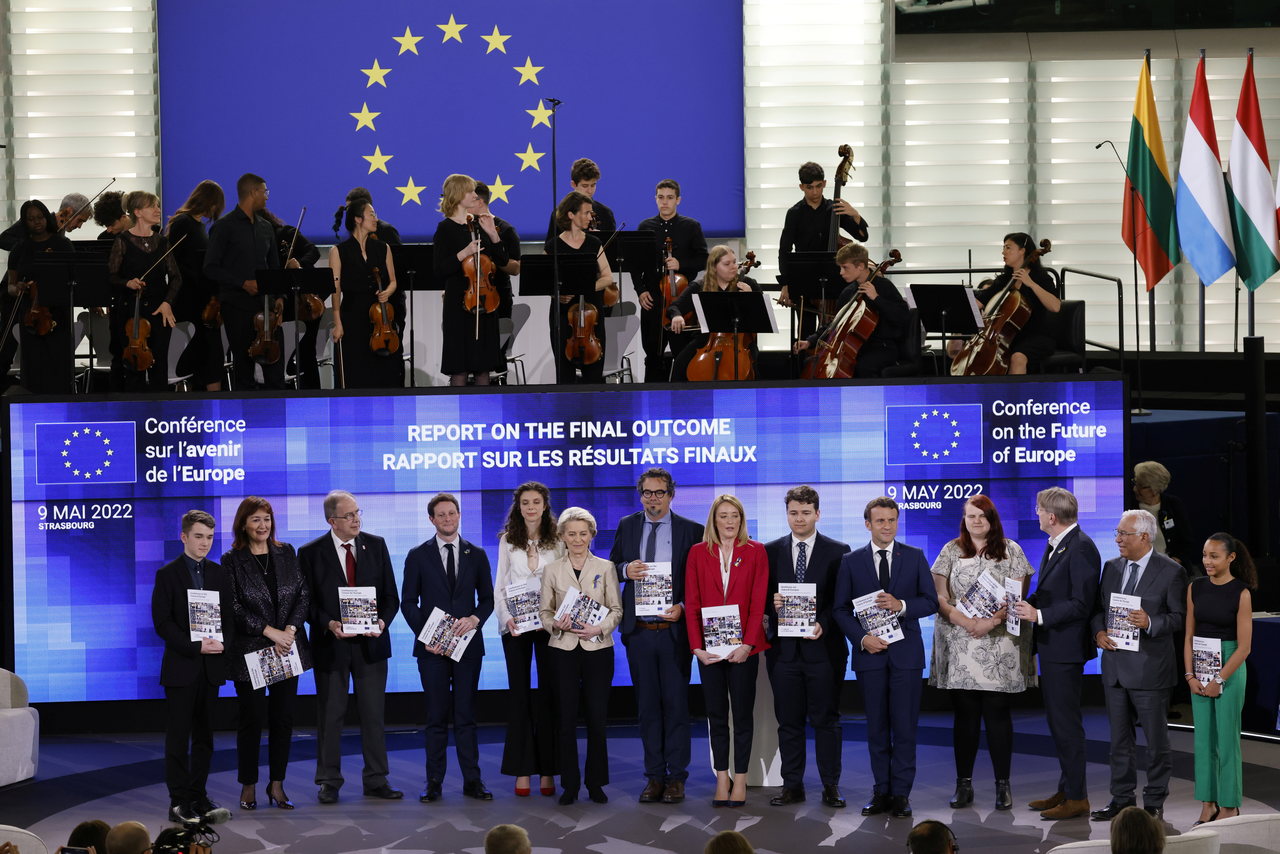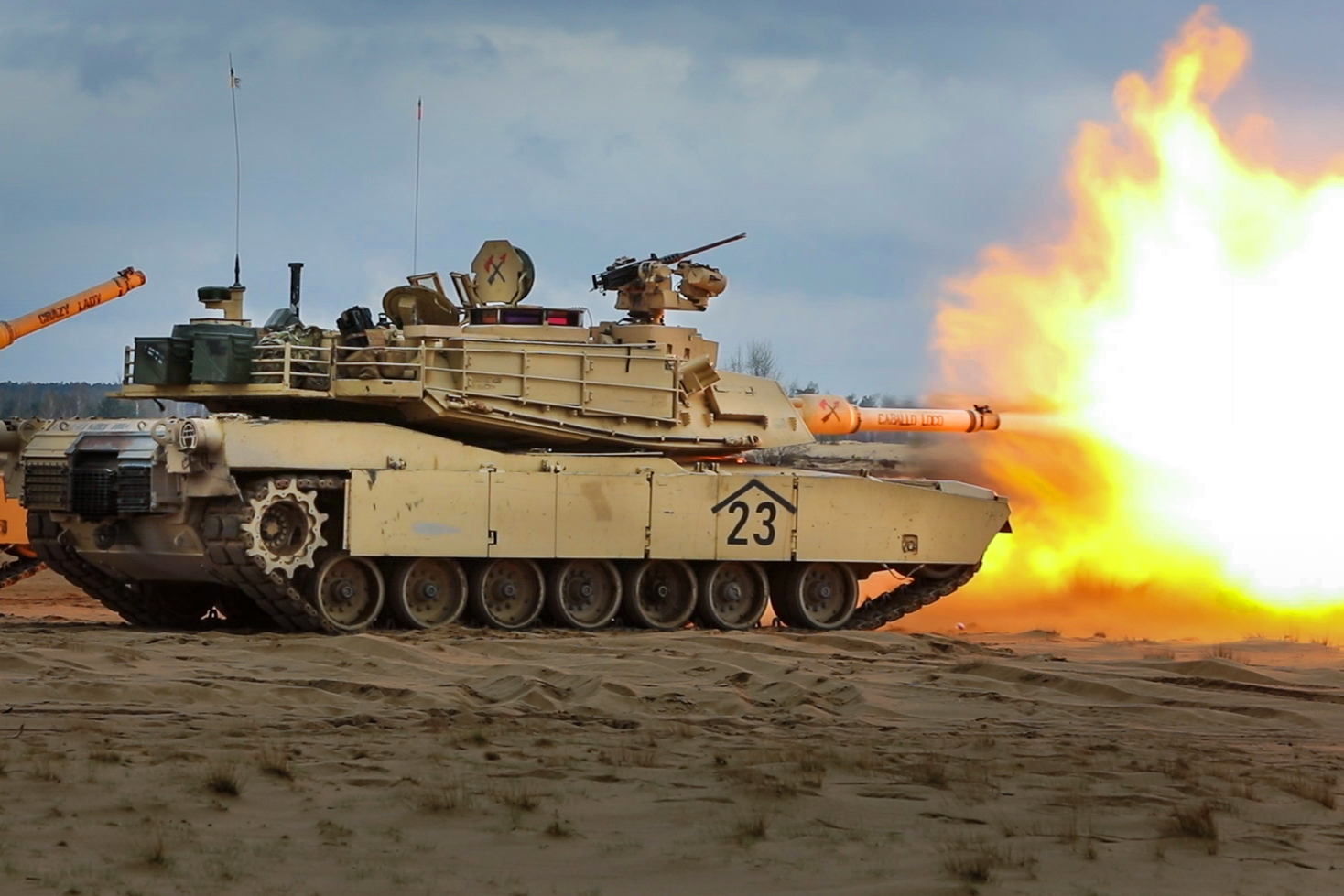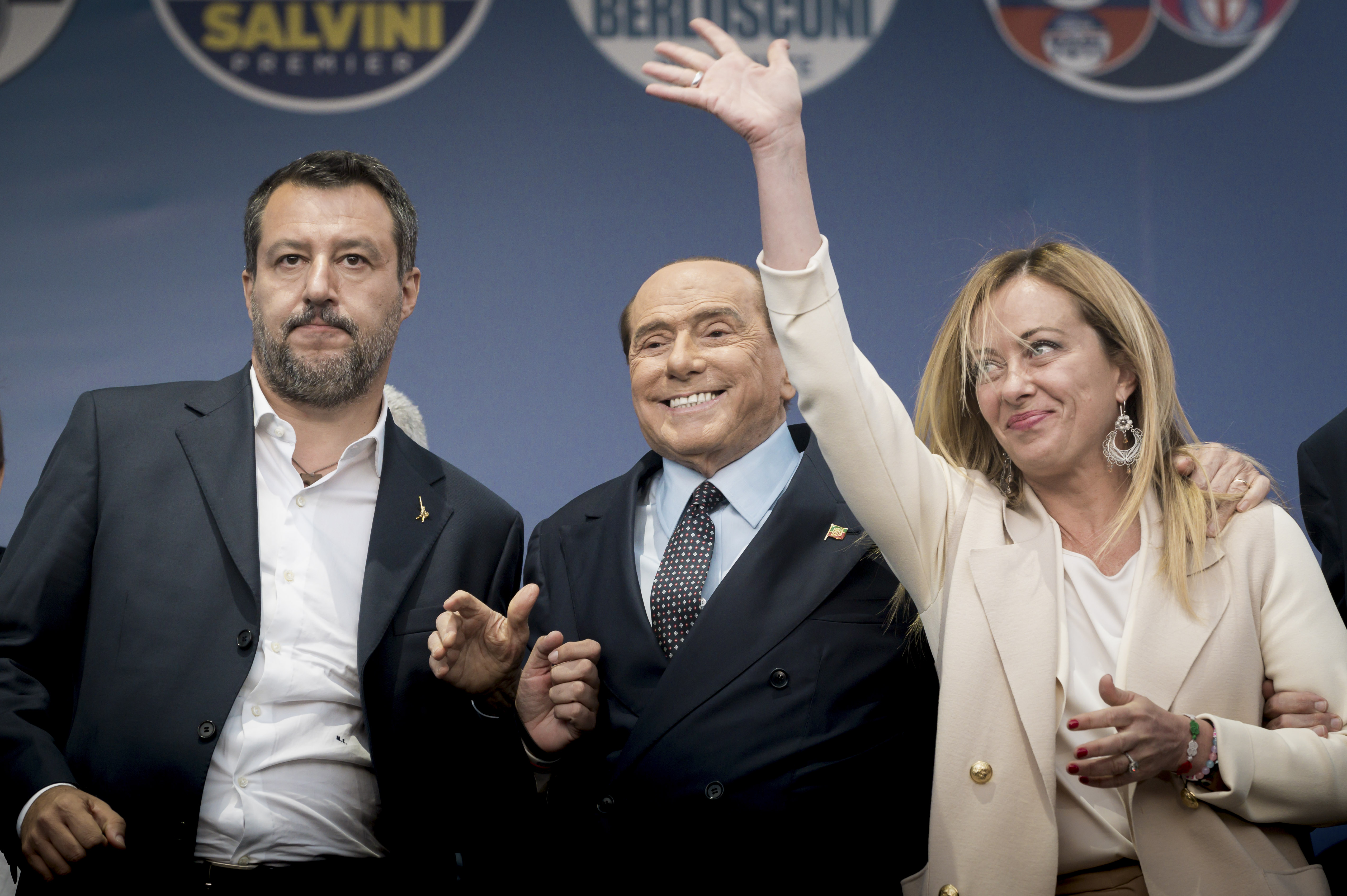Foreign Policy as Seen by the New Governing Centre-Right Coalition in Italy
Although the right-wing coalition that won the Italian parliamentary elections on 25 September includes parties previously declaring Eurosceptic ideas or rejecting the transatlantic partnership, the joint programme statement implies support for Italy’s membership of the EU and NATO. In European politics, the priority will be to seek EU support to combat economic problems and to ease the demands for speeding up public debt reduction. The differing foreign policy visions of the coalition parties, which were covered up during the campaign, may in time become a hotbed of conflict between them.
 GUGLIELMO MANGIAPANE/ Reuters/ FORUM
GUGLIELMO MANGIAPANE/ Reuters/ FORUM
The uniting of the right into a coalition before general elections has been a tradition of Italian political life since the 1993 electoral reform. For many years, the leading force of the right-wing alliance had been Silvio Berlusconi’s Forward Italy (FI) party, which belongs to the European People’s Party (EPP), hence the coalition’s name, Centre-Right. What is new after the snap parliamentary elections is the relegation of FI, which won just 8% of the vote, to the role of the weakest partner of the two parties perceived as far-right and Eurosceptic—the Italian Brothers (FdI, 26%), led by Giorgia Meloni, and Matteo Salvini’s The League (8.9%). The Centre-Right received a total of 43.8% of the vote and can count on a majority in both houses of parliament.
Transatlantic Relations and Security
The attitude towards the U.S. and NATO is an important dividing line in Italian politics. It is currently manifested, among other things, in attitudes towards the Russian invasion of Ukraine and aid to the latter. The programme statement of the Centre-Right reaffirms support for NATO membership and further aid to Ukraine, but at the same time calls for “any diplomatic initiative leading to a resolution of the conflict”. Of the three coalition parties, FI and FdI can be considered unequivocally pro-Atlantic. In the case of FI, support for the alliance with the U.S. was confirmed during the years of Berlusconi’s government by, among other things, Italy’s participation in the U.S.-led coalition in Afghanistan and Iraq. FdI’s support for NATO and the alliance with the U.S. is a new phenomenon and should be linked to the close relationship that the party established with the Republicans in the U.S. during Donald Trump’s presidency. The most sceptical attitude towards transatlantic relations is that of The League, which justifies its reluctance to help Ukraine and provide it with armaments by “pacifism”. Salvini’s party, previously favouring Italy’s neutrality and emphasising its partnership with Vladimir Putin’s United Russia party, now declares support for NATO membership, but sees Italy’s role as an intermediary between “third countries” and members of the alliance.
The coalition partners’ support for NATO is also intended to increase Italy’s role within the Alliance and direct its focus to the Mediterranean and the MENA area. FI and FdI also support the idea of building a “European pillar of NATO”. The aim of a strengthened allied military presence would be, among other things, to reduce migration pressure on Europe (FdI, as well as The League, promotes the idea of a “naval blockade” of the EU’s southern coast). Also, development aid to African states would be conditional on their willingness to cooperate to seal migration corridors.
Determining a common course between the coalition partners towards relations with China can be complicated, especially as Italy is the only EU country to become in 2019—under The League and 5 Star Movement (M5S)—a party to China’s New Silk Road initiative. Salvini declares that his attitude towards China has changed since then: in China, he sees above all a competitor for Italian industry and stresses his commitment to the Western model of democracy. The threat from China has also become an argument for The League not to abandon contacts with Russia for fear of promoting the emergence of an alliance between the two authoritarian powers. For Meloni, the rivalry with China is not only economic and strategic but also ideological, as the communist nature of the Chinese leadership provides her with additional justification for her hostility to the Left in general. Berlusconi’s rhetoric, full of scepticism towards further cooperation with China, is at odds with the record of his government, during which economic relations have been strengthening. Also, companies belonging to the FI leader (notably Mondadori and Mediaset) have entered into close cooperation with Huawei despite warnings from the secret services.
The coalition partners reached a consensus on the need to increase defence spending to 2% of GDP, although as recently as spring 2022, The League, together with M5S, tried to make it difficult for the Draghi government to pass an appropriate law.
The Centre-Right Government and the Future of the EU
FI embraces closer integration, including proposals to change EU treaties promoted by the largest political groups in the European Parliament and the leaders of France and Germany. FdI and The League are critical of these proposals and the Union’s achievements in recent years. They oppose strengthening supranational institutions and claim that, in line with the principle of subsidiarity, community competences should be limited to policy areas where cooperation brings evident benefits. They reject the proposal to renounce unanimity and move to qualified-majority voting on a number of issues related to external relations. They also denounce the involvement of EU institutions in the scrutiny of respect of the principles of the rule of law in Member States.
The debate around institutional issues will, however, be of secondary importance in the coming months. The new government will seek EU support in the face of rising energy prices, in particular gas, which accounts for 31% of final energy consumption in Italy (third-largest share in the EU). Meloni announced that in relation with the crisis, she would like to modify the conditions for spending funds from the Union’s recovery instrument. Italy is its main beneficiary and so far, it has received €19 billion in grants out of its allocation of €69 billion, and €27 billion in loans out of €122 billion in credit. The European Commission will, however, oppose attempts to transfer money from investment towards supporting the consumption of energy from fossil fuels. The new government will likely advocate the creation of another EU emergency fund similar to SURE, which was set up at the height of the pandemic and provided loans for Member States (€27 billion in the case of Italy) that then could use the funds for maintaining employment.
In the debate on reform of EU fiscal rules, which restrain Member States’ freedom to take on debt, the proposals that allow for a slower pace of debt reduction will likely be seen as insufficient by Italy. The Centre-Right coalition government will strive to exclude certain categories of spending—so-called key investments—from the calculation of debt. At the same time, fearing the reaction of investors, it will emphasise its intention to reduce government debt, which at the end of 2021 stood at 150% of GDP (compared to the EU average of 95%).
The Centre-Right also expects modification of the requirements of the green transition in the framework of the currently negotiated “Fit for 55” package. The League is particularly adamant on the subject, as its electoral programme depicted the 2030 goals as impossible to achieve. Meloni also has criticised the Union’s environmental ambitions as excessive.
Though Meloni and Salvini criticise the majority of proposals for closer integration, they are positive about reducing dependencies on third parties, for example, through diversifying supplies of key raw materials, set as one of the crucial elements of strengthening the EU’s strategic autonomy. They call for reinforcing the Union’s industrial potential and limiting imports of products that do not comply with community standards related to environmental protection and labour.
Conclusions
The leaders of the Centre-Right coalition are united by the will to form a government free from the influence of the left, especially in the field of migration. Views on foreign policy play a secondary role, but over time this could prove to be a flashpoint between the coalition partners, for example, when the consequences of the winter energy crisis stir up a discussion about maintaining sanctions against Russia. This issue could become a pretext for The League to break from the coalition if it sees opportunities for renewed cooperation with the pro-Russia M5S. The FdI and FI will always seek to maintain a special relationship with the U.S. and strengthen Italy’s role with NATO; however, the priority will be security issues in the Mediterranean, not the Eastern Flank.
In view of the importance of the recovery instrument and possible additional EU assistance, the new Italian government will strive to build an image of a constructive partner. Its expectations related to the reform of fiscal rules are at odds with the position of Northern Europe, a difference which promises difficult negotiations. The change in government in Italy strengthens the group of states that includes Poland that are sceptical of treaty change and in particular denounce the push to move away from unanimity in voting.






